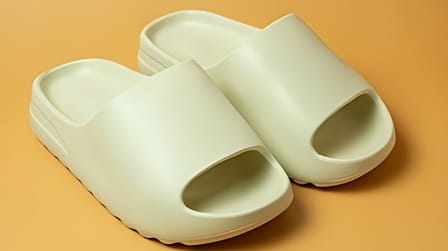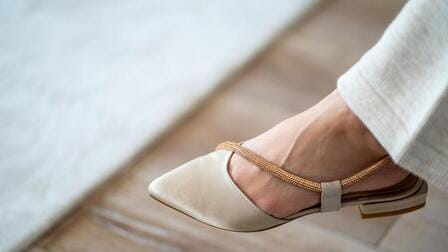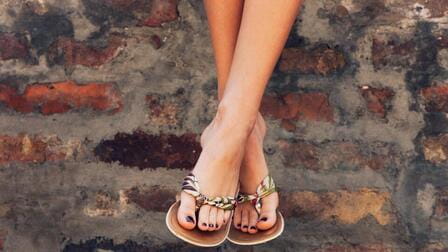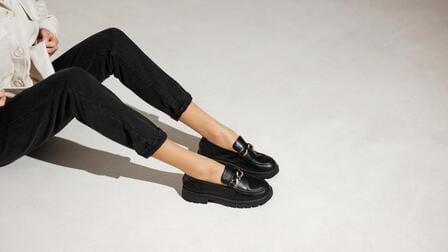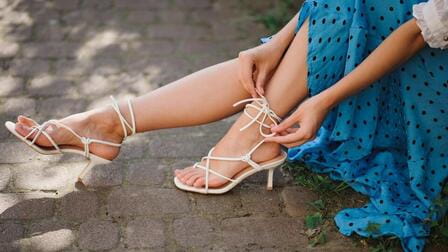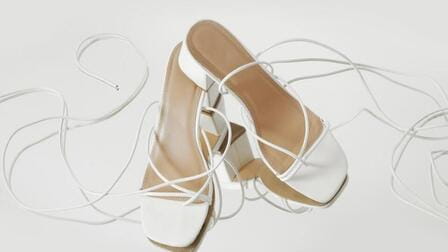Crocs have become a popular and controversial shoe option. These lightweight, slip-on clogs are loved by some for their comfort and ease, while others criticize their lack of support and potential foot health risks. In this article, we'll explore both sides of the crocs debate, looking at the pros and cons, expert opinions, and key factors to consider when deciding if crocs are right for you.
Are Crocs good or bad for your feet?
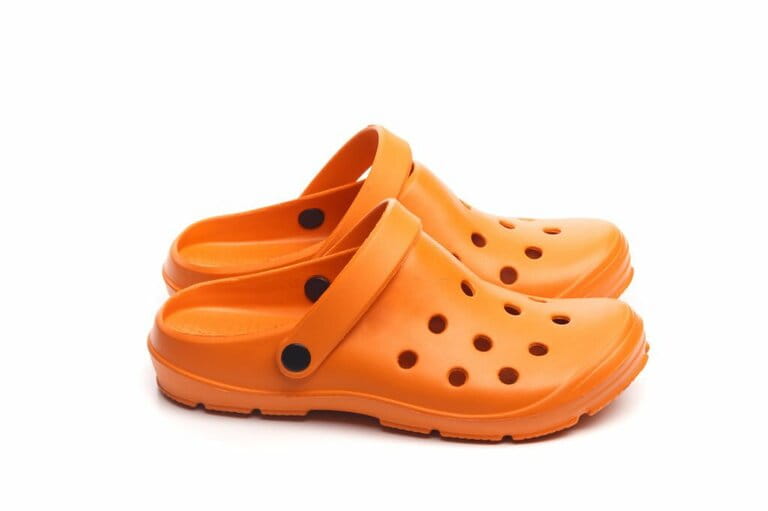
However, podiatrists caution that crocs lack proper arch support and can lead to foot pain and problems if worn too much or for long periods. The loose fit also provides little stability or shock absorption when walking or standing.
Crocs are generally considered safe for light, casual use - short walks, wearing around the house, or at places like the beach or pool. But most foot experts advise against extended wear or using them for activities like sports or long days on your feet.
What Is So Special About Crocs?
One of the signature features of crocs is that they can be customized with charms called Jibbitz that click into the holes in the clogs. These charms let wearers add personality and flair to their crocs. Jibbitz come in a huge variety - from Disney and Marvel characters to food themes, sparkly bows, animal shapes, and more.
The Jibbitz turn crocs into a wearable canvas that lets people show off their hobbies, interests, and unique style. Crocs capitalize on this feature by continually releasing limited edition collections and charms to appeal to different audiences.
Beyond customization, Crocs also come in a wide range of colors and patterns. The classic clog has over 20 color choices, from neutrals to bold brights. There are also fur-lined styles for winter and Crocs with charms built right in. The options make it easy to find a pair of Crocs that show off your personal taste.
What Are the Pros and Cons of Crocs?
Pros
- Easy to slip on and off
- Lightweight and breathable
- Can be worn with or without socks
- Customizable with Jibbitz charms
- Designed to be easy-to-clean
- Relatively affordable
Cons

- Little to no arch support
- Inadequate heel support that can cause issues
- Not safe for those with diabetes or neuropathy
- Only recommended for short walks
Do Podiatrists Recommend Crocs?
Most podiatrists have mixed opinions on Crocs. On the plus side, they appreciate the slip-on ease for those with limited mobility and the ability to customize them. The ventilation is also beneficial for keeping feet dry and preventing fungal infections in places like pools and showers.
However, many podiatrists caution against regular use of Crocs. The lack of arch support can lead to pronation and plantar fasciitis. The loose fit also requires gripping toes while walking, potentially causing foot pain and bunions over time.
While convenient, Crocs are best worn in moderation and not for activities requiring extensive walking or standing. Sturdier shoes with proper support are recommended for exercise, long days on your feet, or medical conditions affecting the feet.
Why Don't Podiatrists Recommend Crocs?
There are two key reasons why most foot specialists advise caution with Crocs:
Lack of arch support - The Crocs material is cushiony but does not provide structure to support the arches. This can lead to overpronation and inflammation.
Loose fit - Crocs offer a roomy, loose fit that requires gripping the shoe with the toes to keep it on while walking. This grip can cause pain and bunions over time.
Orthotics also typically don't fit well in Crocs, making it hard to add arch support. The loose heel can lead to instability and inadequate shock absorption as well.
For those with foot sensitivities, the seams inside Crocs may also irritate. Overall, podiatrists typically suggest limiting Crocs to light, casual use rather than all-day wear.
Your Crocs Probably Aren't Causing Your Heel Pain
Heel pain is complex, with many potential internal and external causes. Things like plantar fasciitis, fat pad atrophy, arthritis, and heel spurs could be behind your pain. While ill-fitting shoes like Crocs worn too often can contribute, they aren't likely the direct cause of chronic heel problems on their own.
If you're struggling with ongoing heel discomfort, see a podiatrist for an expert diagnosis and customized treatment plan. Non-surgical options like orthotics, stretching, physical therapy, and shock wave therapy can often help relieve plantar fasciitis and other sources of heel pain without surgery. Don't assume Crocs are to blame or that surgery is inevitable - seek professional advice tailored to your unique case for the most effective solutions.
Conclusion
Overall, podiatrists agree Crocs are generally safe for occasional, casual use but have some downsides for regular, all-day wear. Their slip-on design and ventilation make them convenient and breathable, but the lack of arch support can cause problems like overpronation if worn too much. They are best limited to light activities like puttering around the house or wearing to the beach. Sturdier athletic shoes or sandals with proper arch support are better for long days on your feet or walking long distances. Those with foot conditions like plantar fasciitis or diabetes need to be especially cautious and limit Crocs use. Overall, Crocs are fine in moderation but their flaws make them unsafe for extended, frequent wear for most people.


